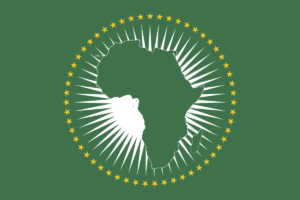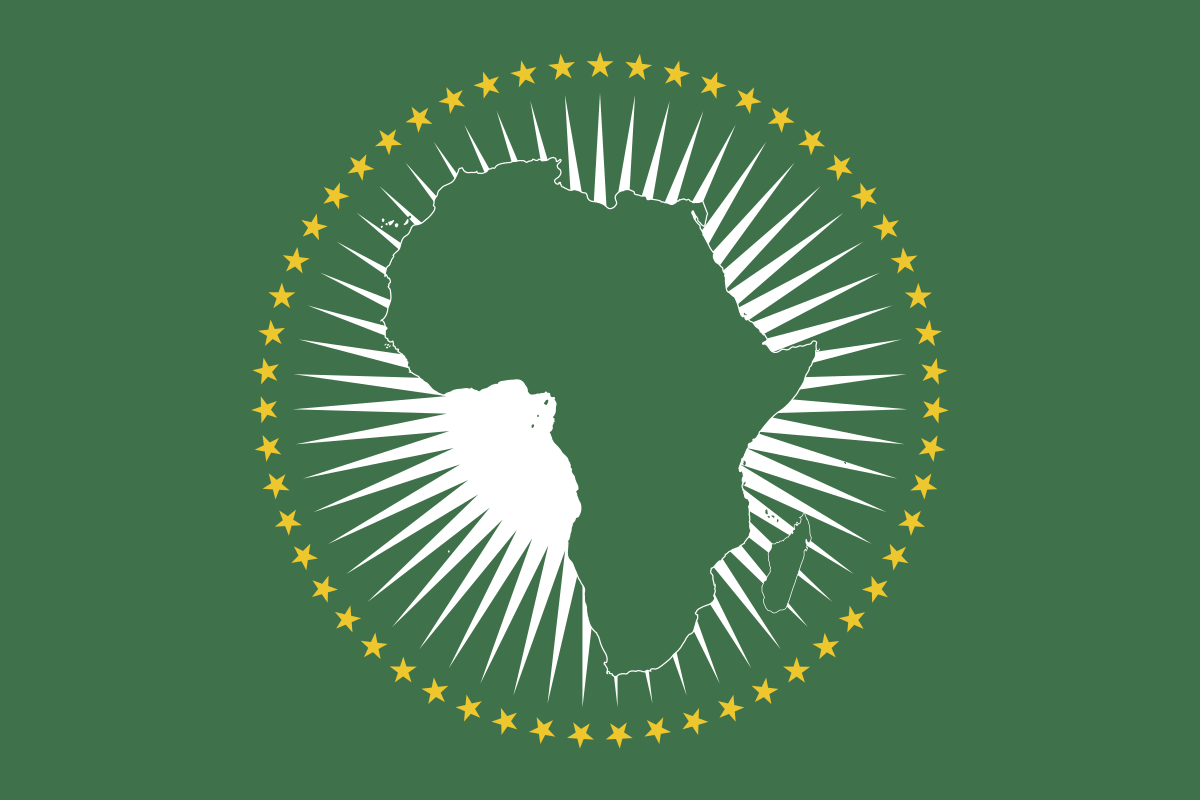
- About 4.6 million, or one in 10, Black people living in American are immigrants, according to a January report from Pew Research Center.
- Although they are only 7% of the non-citizen population, Black immigrants make up 20% of deportations on criminal grounds, according to a 2018 Black Alliance for Just Immigration report.
When the Lyoya family arrived in the United States in 2014 after facing years of war and persecution in the Democratic Republic of Congo, the refugees thought they had finally made it.
They were living in Malawi when they won asylum to live in the U.S., part of a growing number of refugees from Congo in Michigan.
“They told us that in America, there’s peace, there’s safety, you’re not going to see killing anymore, that it was basically a safe haven,” Dorcas Lyoya said in Congolese during an interview with the Detroit Free Press, part of the USA TODAY Network, through a translator.
But this month, her first-born son, Patrick Lyoya, was fatally shot in the back of the head by a police officer after a struggle, an incident that has outraged civil rights advocates and led to protests in Grand Rapids, Michigan.
WHAT WE KNOW:Patrick Lyoya killed after struggle with officer during Grand Rapids traffic stop
Lyoya’s death and others like it can rattle the sense of security of Black immigrants and refugees who came to the U.S. to escape violence only to find themselves vulnerable to the same brutality and racism African Americans encounter from police as well as the additional specter of federal immigration authorities, immigration advocates told USA TODAY.
“It’s shocking to Black migrants who have this vision of the United States as the land of the free and the home of the brave,” said Nana Gyamfi, executive director of the Black Alliance for Just Immigration. “There’s a notion that police here are going to be different.”

Patrick Lyoya’s death brings fear in growing Black immigrant community
About 4.6 million, or 1 in 10, Black people living in American are immigrants and that number is projected to double by 2060, according to a January report from Pew Research Center. The Black immigrant population is racially and ethnically diverse, but in the last decade Africans have become one of the fastest growing segments through refugee admissions and the diversity visa lottery program, according to the Migration Policy Institute.
Although refugee admissions hit a record low in 2021, over the past two fiscal years people from the Congo became the the largest group of refugees to settle in Michigan, according to data from the U.S. State Department.
Grand Rapids is home to the largest Congolese refugee population in the state thanks to employment opportunities as well as family and social connections like churches, said Chris Cavanaugh, director of Samaritas’ New American Resettlement program in West Michigan.
‘OUR COMMUNITY DESERVES ANSWERS’:Michigan police release video of fatal shooting of Patrick Lyoya after traffic stop in Grand Rapids
Samaritas helps refugees meet many of their immediate needs and offers a cultural orientation on what it means to live life in America, he said. But they didn’t talk much about the racial implications of being Black in America until George Floyd’s murder sparked a nationwide racial justice protest movement in 2020, which Cavanaugh said a number of Congolese refugees joined.
In the wake of Lyoya’s death, Cavanaugh said Samaritas is hoping to support refugee communities by providing resources to help them access services in their native language including during interactions with law enforcement.
“Certainly the Congolese community is feeling some fear, kind of scared over what happened and I would say rightfully so,” Cavanaugh said. “Those maybe who have much less English skills are just more apprehensive about getting pulled over or how they’re supposed to respond in certain situations.”

A history of violence, from Amadou Diallo in 1999 to Botham Jean in 2018
Many Black immigrants and refugees are surprised when they encounter violence from both police and immigration officials, Gyamfi said.
“We have to deal with the violence that police inflict on us because we’re Black,” Gyamfi said. “And then the additional violence that then often is inflicted on us by ICE in this immigration enforcement system because of our migrant status.”
But Black migrants have long been subjected to the same racism and brutality that disproportionately affects Black Americans.
‘I’M LEAVING, AND I’M JUST NOT COMING BACK’:Fed up with racism, Black Americans head overseas
Protests broke out for several weeks in 1999 after Guinean immigrant Amadou Diallo was killed by four white police officers in New York City who said they thought his wallet was a gun. All four officers were acquitted of second-degree murder charges. That same year, Patrick Dorismond, a 26-year-old Haitian American, was killed by police sparking another wave of protests in New York.
In 2016, prosecutors declined to charge a suburban San Diego police officer for fatally shooting 38-year-old Alfred Olango, who arrived in the United States as a refugee from Uganda in 1991. Then, Amber Guyger, a former Dallas police officer, was convicted of murder for the 2018 killing of Botham Jean, a native of the Caribbean island of St. Lucia.
‘Double-barreled racism’ embedded in immigration laws, law enforcement
Black immigrants are also disproportionately detained and deported by Immigration and Customs Enforcement, said Bill Ong Hing, a law and migration studies professor at the University of San Francisco.
“Embedded in the immigration laws are these anti-Black aspects beginning with the visa system,” Hing said. “They face this double-barreled racism when it comes to law enforcement.”
Although they are only 7% of the non-citizen population, Black immigrants make up 20% of those deported on criminal grounds, according to a 2018 report from the Black Alliance for Just Immigration.
Even minor offenses can trigger deportation proceedings, which can make common interactions with police like traffic stops more tense. Black drivers in Michigan are more likely to be pulled over, searched and arrested by troopers, a study of 2020 traffic stops found.
OPINION:Police should stop making minor traffic stops that too often turn into major tragedies
“The way that most Black migrants end up getting deported is through contact with the police,” Gyamfi said. “There is an awareness that this can happen and there is a lot of anxiety around any type of police contact.”
Hing, founder of the Immigrant Legal Resource Center, said more immigration advocacy organizations began paying attention to this issue in the wake of Floyd’s death. Personal experiences of racism and high-profile cases like Lyoya’s have also started to shift the way Black migrants view themselves.
“They may start out seeing themselves as different from African Americans, but realize that the mainstream, including the police, treat them like any other Black person which is not good,” he said.
Contributing: The Associated Press
Contact Breaking News Reporter N’dea Yancey-Bragg at nyanceybra@gannett.com or follow her on Twitter @NdeaYanceyBragg






